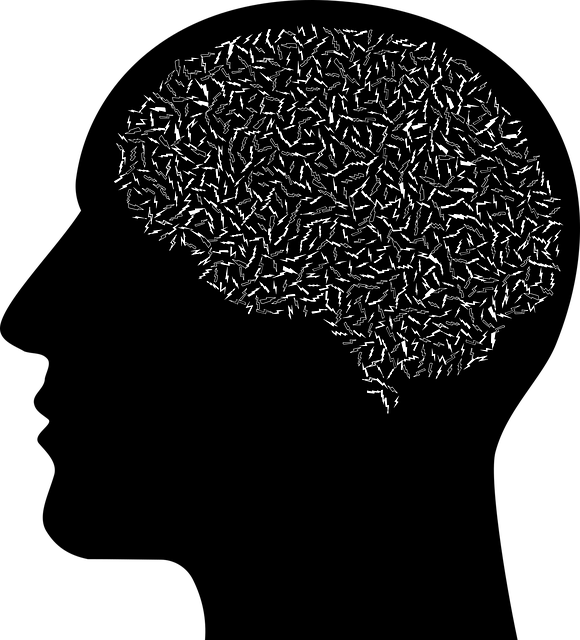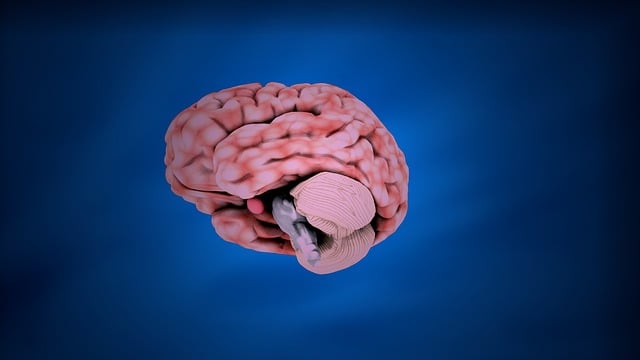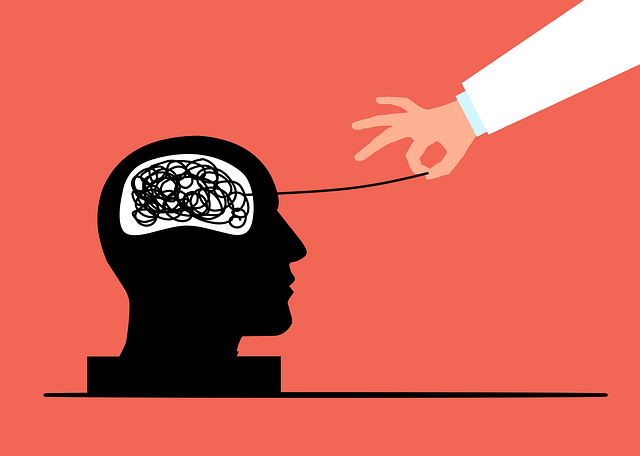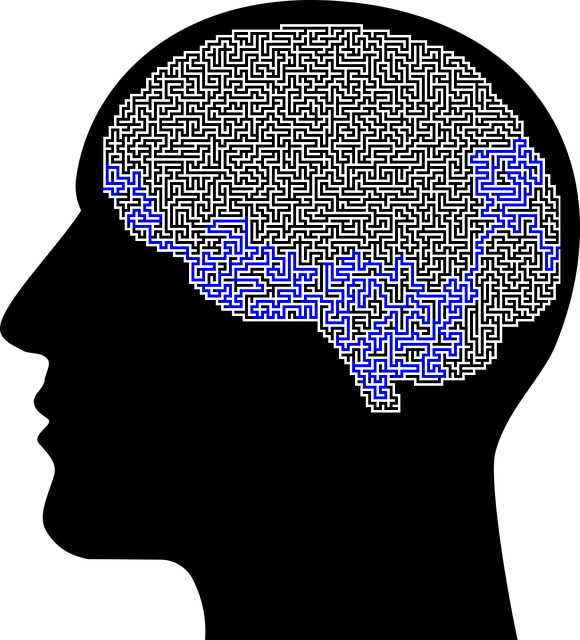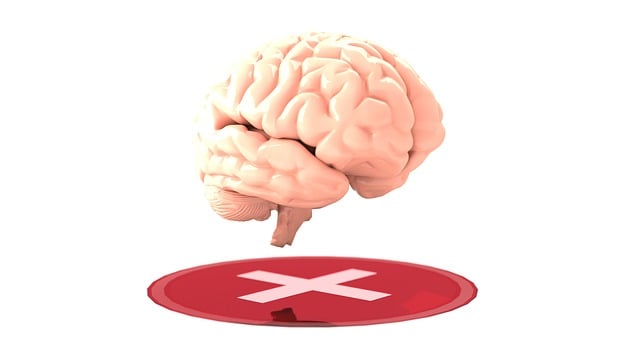Englewood Couples Counseling Therapy develops personalized mental wellness self-assessment tools to empower individuals in managing their emotional well-being. These assessments cater to diverse needs, from general life satisfaction to specific skills like communication and stress management. By engaging with the local community, understanding unique challenges such as financial barriers and stigma, and incorporating evidence-based practices like CBT and mindfulness, these tools offer accurate, interactive guidance. Regular user feedback and data drive continuous optimization, ensuring relevance and effectiveness in promoting proactive mental health self-checkups.
Mental wellness self-assessment tools play a crucial role in empowering individuals to take charge of their mental health. As recognized by Englewood Couples Counseling Therapy, personalized assessment tools are essential for early detection and intervention. This article explores the development process of such tools, from understanding the need for tailored assessments to incorporating evidence-based practices for enhanced reliability and validity. We delve into engaging with target audiences, designing effective components, and implementing continuous feedback loops for optimal user experiences.
- Understanding Mental Wellness Self-Assessment: The Need for Personalized Tools
- Engaging with the Target Audience: Identified Challenges and Needs
- Designing Effective Assessment Tools: Key Components and Features
- Incorporating Evidence-Based Practices: Enhancing Tool Reliability and Validity
- Implementation and Feedback: Continuous Improvement for Optimal User Experience
Understanding Mental Wellness Self-Assessment: The Need for Personalized Tools

Mental wellness self-assessment tools play a crucial role in empowering individuals to take charge of their mental health and seek support when needed. These tools provide a personalized and accessible way for people to assess their emotional well-being, identify potential issues, and understand their unique strengths and challenges. In today’s fast-paced world, where stress and anxiety are prevalent, having tailored resources like Englewood Couples Counseling Therapy’s self-assessment tools can make a significant difference.
By offering customizable assessments, these tools cater to the diverse needs of individuals seeking mental wellness. For instance, some may focus on overall life satisfaction, while others might delve into specific areas such as social skills training, communication strategies, or stress management techniques. This personalized approach ensures that people receive relevant feedback and guidance, fostering a more profound understanding of their mental health landscape.
Engaging with the Target Audience: Identified Challenges and Needs

Engaging with the target audience is a pivotal step in developing effective mental wellness self-assessment tools, especially when considering unique populations like couples seeking counseling therapy in Englewood. Understanding their specific challenges and needs requires deep empathy and cultural sensitivity. Many individuals in this demographic may face barriers to accessing mental health services due to financial constraints, limited availability of specialized services, or the persistent mental illness stigma prevalent in certain communities.
Through focused research and community engagement, developers can tailor self-assessment tools to address these concerns. Incorporating practices like Mental Wellness Journaling Exercise Guidance can offer individuals a safe space for introspection and reflection. Moreover, integrating compassion cultivation exercises into the assessment process may help reduce the impact of mental illness stigma, fostering a sense of acceptance and encouraging open dialogue. Such personalized approaches have the potential to revolutionize how couples in Englewood navigate their mental wellness journeys.
Designing Effective Assessment Tools: Key Components and Features

Effective mental wellness self-assessment tools are designed with a multifaceted approach, incorporating key components to accurately gauge an individual’s emotional and psychological state. The first step involves identifying specific areas of mental health that require assessment, such as anxiety, depression, stress management, or trauma recovery. These tools should be user-friendly, ensuring simplicity in navigation and clarity in language, which is crucial for engaging users and encouraging honest self-reflection, especially among those seeking support from Englewood Couples Counseling Therapy.
Moreover, the best assessments integrate interactive elements and leverage the latest research on emotional intelligence and mental illness stigma reduction efforts. Incorporating features like personalized feedback mechanisms, resources for further learning, and a supportive tone can significantly enhance user experience and encourage proactive mental wellness management. For instance, a well-designed assessment could guide users through a series of questions, offer tailored strategies based on their responses, and even recommend relevant Mental Wellness Podcast Series Production content or professional help if needed.
Incorporating Evidence-Based Practices: Enhancing Tool Reliability and Validity

Incorporating evidence-based practices is a cornerstone in developing robust self-assessment tools for mental wellness. At Englewood Couples Counseling Therapy, we recognize that aligning assessment methods with proven therapeutic techniques strengthens tool reliability and validity. By integrating well-researched methodologies, such as cognitive behavioral therapy (CBT) and mindfulness practices, the assessments gain accuracy in identifying and assessing mental health concerns. This ensures that individuals receiving these tools benefit from a nuanced understanding of their emotional well-being promotion techniques.
Moreover, these evidence-based practices contribute to valid measurements by offering standardized approaches to evaluate various aspects of mental wellness. This includes not only symptoms but also coping mechanisms, communication strategies, and overall resilience. By adopting such practices, self-assessment tools become more precise in capturing the complexity of an individual’s mental health status, ultimately enhancing the effectiveness of subsequent interventions or therapeutic journeys.
Implementation and Feedback: Continuous Improvement for Optimal User Experience

The development of a robust mental wellness self-assessment tool is an ongoing process that requires continuous improvement based on user feedback and implementation data. At Englewood Couples Counseling Therapy, we understand the significance of tailoring our approaches to meet the diverse needs of individuals seeking better mental health. Thus, we actively solicit and integrate user input to enhance the effectiveness and usability of our online tools.
Regular feedback from users plays a pivotal role in optimizing the self-assessment experience. By analyzing responses, identifying pain points, and gathering suggestions, we can refine the tool’s questions, navigation, and overall flow. This iterative process ensures that the self-assessment remains relevant, accurate, and aligned with the latest research on mental wellness, including aspects like Self-Care Routine Development for Better Mental Health and Healthcare Provider Cultural Competency Training. Moreover, fostering a positive thinking mindset becomes easier when users perceive the tool as intuitive and supportive, encouraging them to engage in regular mental health self-checkups.
Mental wellness self-assessment tools play a pivotal role in empowering individuals to take charge of their mental health. As evidenced by the discussions on personalized tools, engaging target audiences, and incorporating evidence-based practices, these assessments can significantly contribute to early detection and intervention. At Englewood Couples Counseling Therapy, we advocate for continuous improvement based on user feedback, ensuring that assessment tools remain effective and tailored to diverse needs. By integrating key components and features, such as accessibility, simplicity, and validity, we aim to create inclusive resources that foster better mental wellness outcomes for all.
